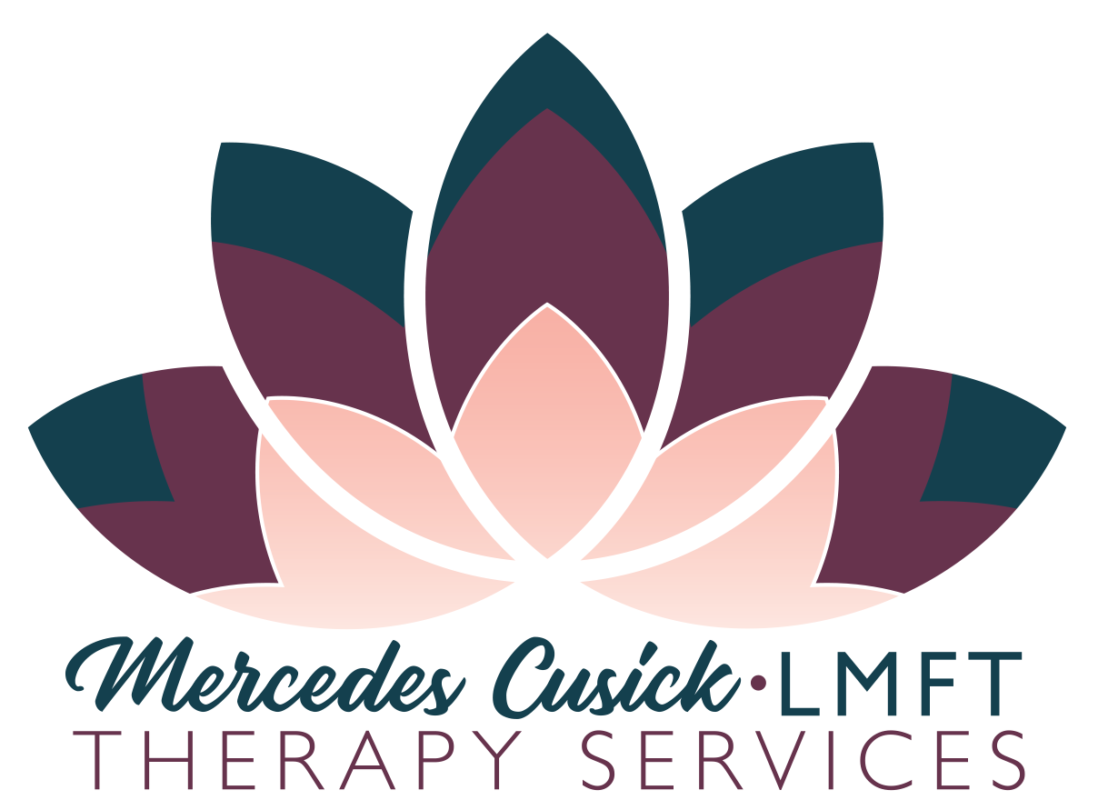Stepping into the light after the dark turmoil of narcissistic abuse, victims often seek solace in various therapeutic practices. Among these, EMDR therapy shine as a beacon of hope, promising healing and recovery through its innovative and structured approach.
Understanding EMDR and Its Certification
EMDR (Eye Movement Desensitization and Reprocessing) is a psychotherapy treatment designed to alleviate the distress associated with traumatic memories. Its unique approach involves the patient’s rhythmic eye movements, which lessen the emotional impact of these memories.
Becoming an EMDR certified requires practitioners to undergo rigorous training and supervision, ensuring they are adept at implementing this complex therapy. This certification is a testament to a therapist’s expertise and dedication to offering effective trauma care.
The process of certification underscores the commitment to clinical excellence and adherence to strict ethical standards, aiming to provide patients with the most sophisticated and safe therapeutic experience possible.
The Impact of Narcissistic Abuse on Victims
Narcissistic abuse, marked by manipulation and emotional exploitation, leaves profound wounds on its victims. They often experience a wide range of psychological issues, including PTSD, anxiety, and a severely damaged self-esteem.
The insidious nature of this abuse can entangle victims in a cycle of self-doubt and confusion, making it incredibly difficult to recognize the abuse and seek help. Recovery from such deep emotional traumas requires an approach that acknowledges the complexity of their experiences.
Exploring the Effectiveness of EMDR in Healing Emotional Trauma
EMDR therapy has been lauded for its effectiveness in treating emotional trauma, including the aftermath of narcissistic abuse. By focusing on the traumatic memories themselves, it helps to desensitize the client to these experiences, reducing their power.
Research indicates that EMDR can significantly reduce symptoms of PTSD and anxiety, offering victims a pathway out of the darkness. Through a series of guided sessions, individuals learn to process these painful memories in a healthier way, promoting emotional healing.
Clients report feeling more empowered and less haunted by their past following EMDR therapy. This sense of reclaiming control is crucial for survivors of narcissistic abuse, who often feel stripped of their autonomy and self-worth.
Real-Life Success Stories: EMDR in Action
The true impact of EMDR can be seen in the countless success stories of individuals who have found solace and recovery through its application. One such story involves a woman who, after years of enduring narcissistic abuse, found relief and a new lease on life through EMDR therapy.
Her journey reflects the transformative power of this treatment, allowing her to process her trauma and move forward with confidence and hope. It’s testimonials like these that underscore the potential of EMDR to change lives.
As more survivors come forward to share their experiences, the role of EMDR in facilitating emotional healing becomes increasingly evident, offering a compelling narrative of resilience and renewal.
The journey of recovery from narcissistic abuse is deeply personal and challenging. EMDR therapy offer a structured path towards healing, helping survivors reclaim their sense of self and embrace a future unburdened by the past.
About the Author:
I am Mercedes Cusick, LMFT, a certified EMDR trauma therapist specializing in EMDR intensives. I am dedicated to addressing trauma-related challenges and improving mental health outcomes. My commitment to trauma therapy is driven by its significant therapeutic effects, particularly for individuals grappling with complex trauma, PTSD, toxic relationships, and narcissistic abuse.
Serving a diverse community with dedication and empathy, I am proud to support individuals in the Los Angeles area, specifically in Woodland Hills, Calabasas, Agoura, Hidden Hills, West Hills, Northridge, Winnetka, Tarzana, Studio City, Sherman Oaks, Malibu, and Beverly Hills. Together, we can journey toward healing and resilience.


